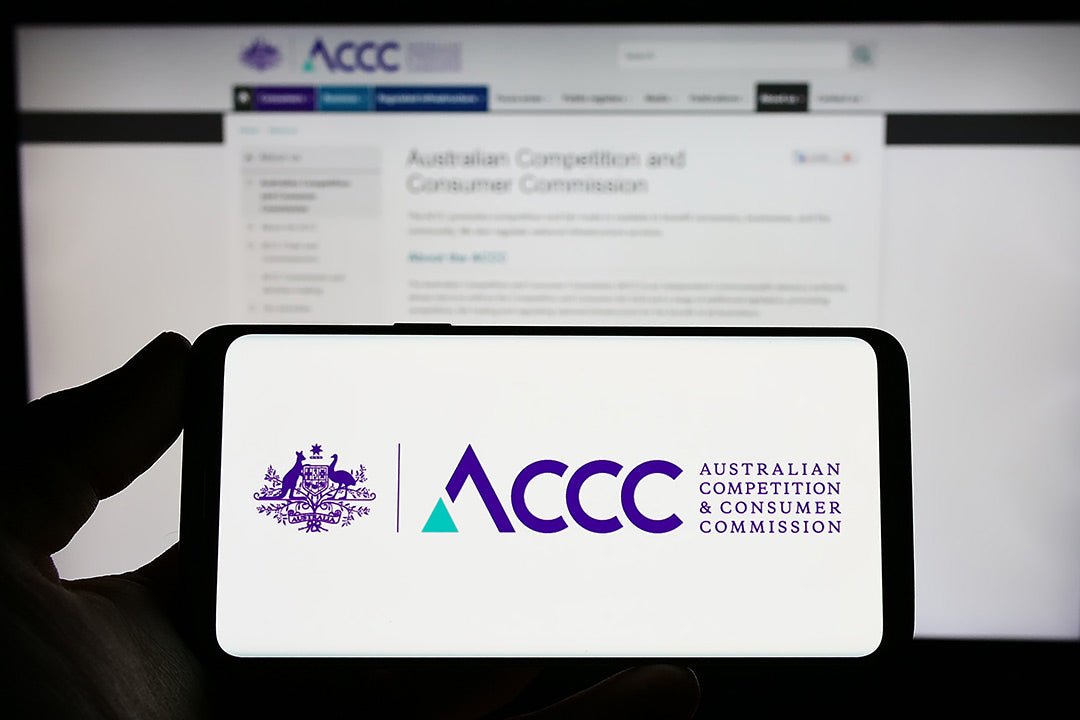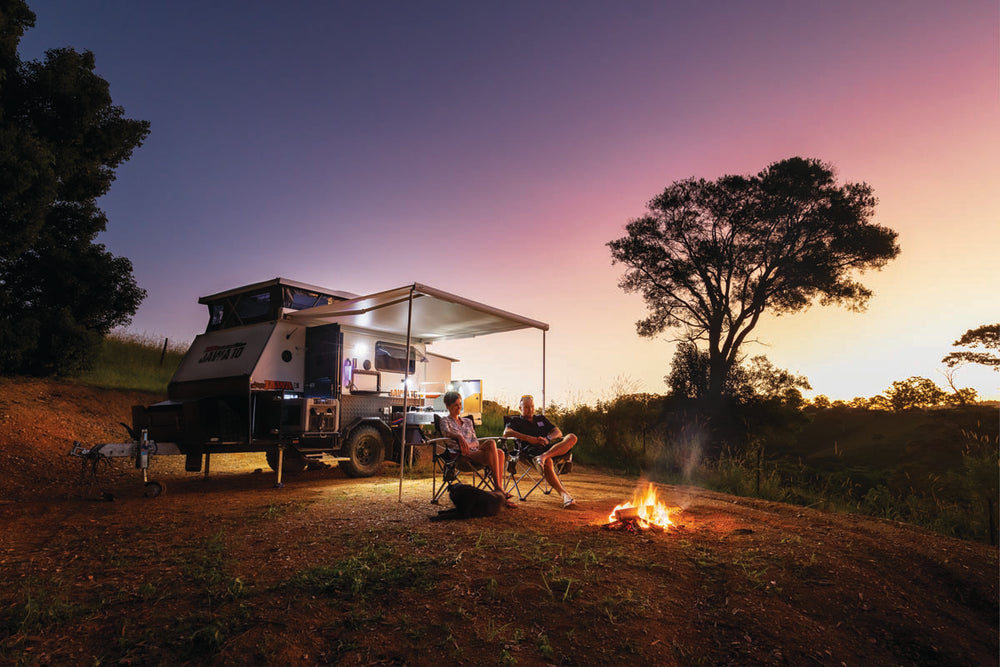

The collapse of Tango Caravans is terrible news for many out-of-pocket buyers.
Various reports say that as many as 30 customers paid in full for their vans and another 30 have paid substantial deposits, only to be told on 14 August that liquidators Lindsay Bainbridge and Andrew Yeo of Pitcher Partners have taken control.
Tango Caravans began the dealership eight years ago by contracting builds to various Melbourne manufacturers. But several of these builders told Caravan World that over the past year, Tango forfeited on paying for the vans. The flow-on effect is that customers have not received the vans they ordered and paid for.
Within days of checking books and assets, the liquidators revealed nothing in stock or holdings to repay for deposits. The company owes suppliers, customers and the tax office substantial amounts. All staff were suspended, and the dealership was closed.
In a bleak statement on the Australian Competition and Consumer Commission (ACCC) and Tango’s websites, the liquidators announced they had “taken immediate control of the company’s affairs. The company’s operations ceased immediately after our appointment.
The statement reads: “We know that many clients have paid deposits (in some cases substantial) to purchase caravans. The liquidators are not in a position to refund deposits paid to customers. The ability of the company to pay any dividend to creditors (including customers who have paid a deposit) will need to be assessed as the liquidation progresses. The company does not hold any stock of caravans, and from our understanding, there are no caravans presently onsite or otherwise under the company’s control.
“In the coming days or weeks, we will analyse what orders have been placed by the company for the manufacture and supply of caravans. It may be possible that some caravans are presently being manufactured by external suppliers, and a partial resolution may be achievable.
“From our initial enquiries, however, the debts of the company are significant, and are made up materially of outstanding deposits paid by customers. Other amounts are also outstanding to other creditors, including the Australian Taxation Office (ATO). The effect of our appointment as liquidators of the abovenamed company is that the powers of the director are immediately suspended."
Several customers have gone public with their stories, including those who have lost life savings and others who took out loans for the vans. They now have substantial debt and no caravan.
We spoke with industry leaders who agreed that the media coverage of Tango’s failure paints the whole industry poorly. But without dismissing the suffering of Tango customers, it’s worth considering that Tango is one of thousands of businesses across multiple industries to fold over the past year and that it’s an individual company and not representative of the wider caravan industry.
While online trolls have suggested that anyone who pays in full has made a poor decision, that’s not helpful or compassionate. In reality, these buyers have trusted sales staff with their money in search of happy caravanning times. They are angry, and they are unlikely to see any money. To lose these large amounts of money is life-changing, and it will take years for many to recover from the event.
So, what should we offer buyers in terms of assurance when buying a van? They may need to be more careful about how much they give over in deposits and go with well-established brands with a history of looking after customers. The strong opinion in the industry is that you should only pay up to 10–20 per cent of the final cost as a deposit.
When we spoke with Daniel Sahlberg, CEO of the Caravan Industry Association Victoria (CIAV), he advised that neither Tango nor any of its builders were members of his association. He suggested that buyers check industry association membership on the CIAV website as part of their research into businesses as an added protection.
The purchase of a caravan is a big step, and unless customers are familiar with financial transactions involving large amounts, it’s prudent to seek independent advice. Don’t let over-enthusiastic salespeople sway your decision, especially if the deal they offer sounds too good to be true. Do your due diligence on the company, check Google reviews and any relevant Facebook pages, and take the time to decide. It’s a buyer’s market, so the threat that someone else is waiting to pounce on your deal is unlikely to be genuine. A dealer needing full payment upfront is a clear warning sign that things are wrong, and if you feel you are being misled, it might be a matter for the police.
Well-established builders like Wonderland RV request a 10 per cent deposit on a standard van once the layout and colours are chosen. This locks the customer into the purchase and gives the business confidence that the sale is genuine. Once the build is underway, the customer gets weekly progress photos. Extreme custom builds might raise the deposit to 20% because some colour schemes and layouts are hard to resell.
Jayco Australia is our biggest manufacturer, and its policy is a 10 per cent deposit with the balance on handover. Some dealers entrust the deposit into a trust fund, which may be a wise option.
Unlike sections of the housing industry and some boat retailers, buyers are not currently protected by government safeguards. While the ACCC has strong wording in its consumer guarantees, it rarely gets involved in liquidated businesses.
Australian Consumer Law (ACL) demands, among other regulations, that “If a supplier knows they won’t be able to supply a caravan within the timeframe quoted or within a reasonable timeframe, they must not accept payment. When a supplier accepts payment for goods, they must supply the caravan within the period quoted or a reasonable timeframe.”
However, consumer laws and the Australian Securities and Investments Commission’s (ASIC) insolvency laws are of little help once a company folds. It is illegal for a business to trade if it can’t pay its debts, but proving the timeframe and intent of events isn’t easy. We wait for the liquidator’s report to see what happens next and the consequences.
The excuse that some caravan builders or dealers aren’t good businesspeople wears thin in cases where customers are left with huge losses.
Good news is coming for buyers in the recent announcement of the CIA Vic’s RV Master Builders Program. This program will audit manufacturers independently for quality construction and financial viability and establish a trust fund to protect buyers.
The ripple effect of the Tango Caravans closure will go on for years for many people who were too trusting or severely misled. It’s time for the government to be more proactive in looking after buyers. They talk tough, but they need to get tough.
THE NEXT STEP
If you want to learn the latest caravan news, find the most innovative new caravans and camping gear or get inspired to plan your next adventure to some of Australia's best getaway destinations, subscribe to our weekly newsletter. We promise to send you only the best content.
Related articles:
Buying an RV online: How to avoid scams?
Queensland caravan drivers save on registration costs







